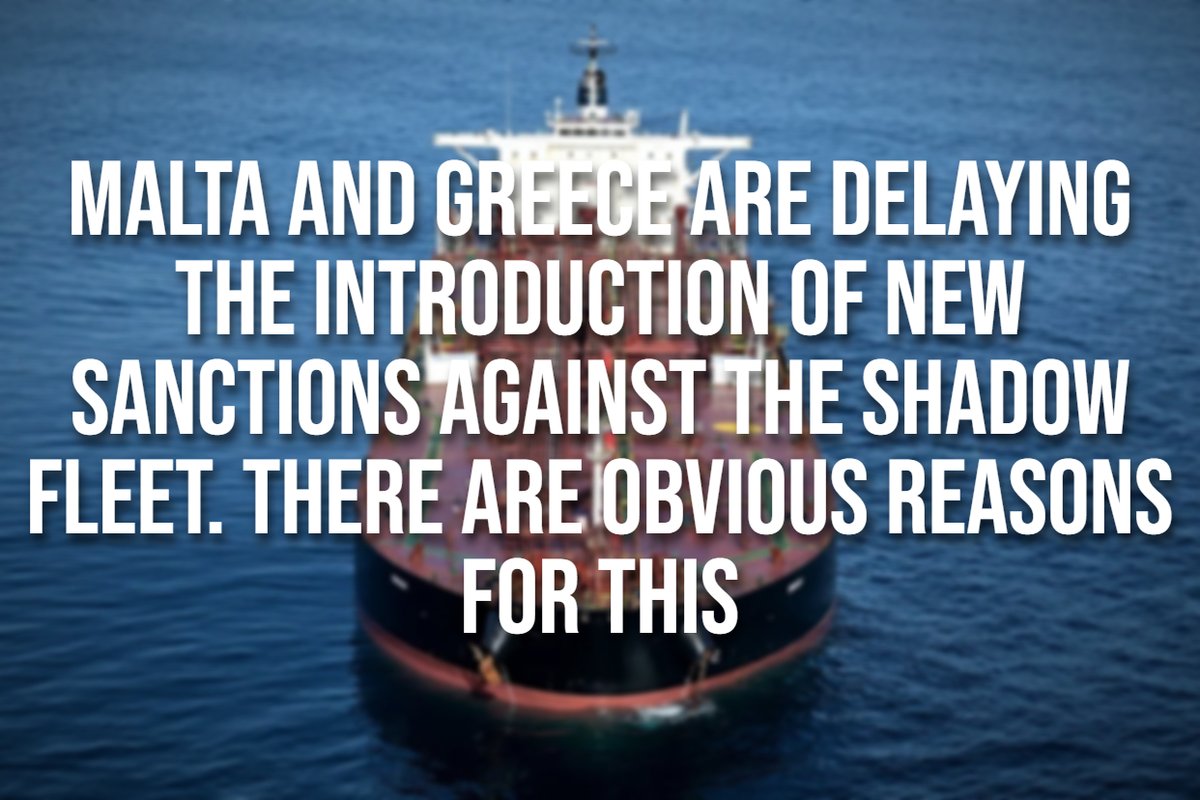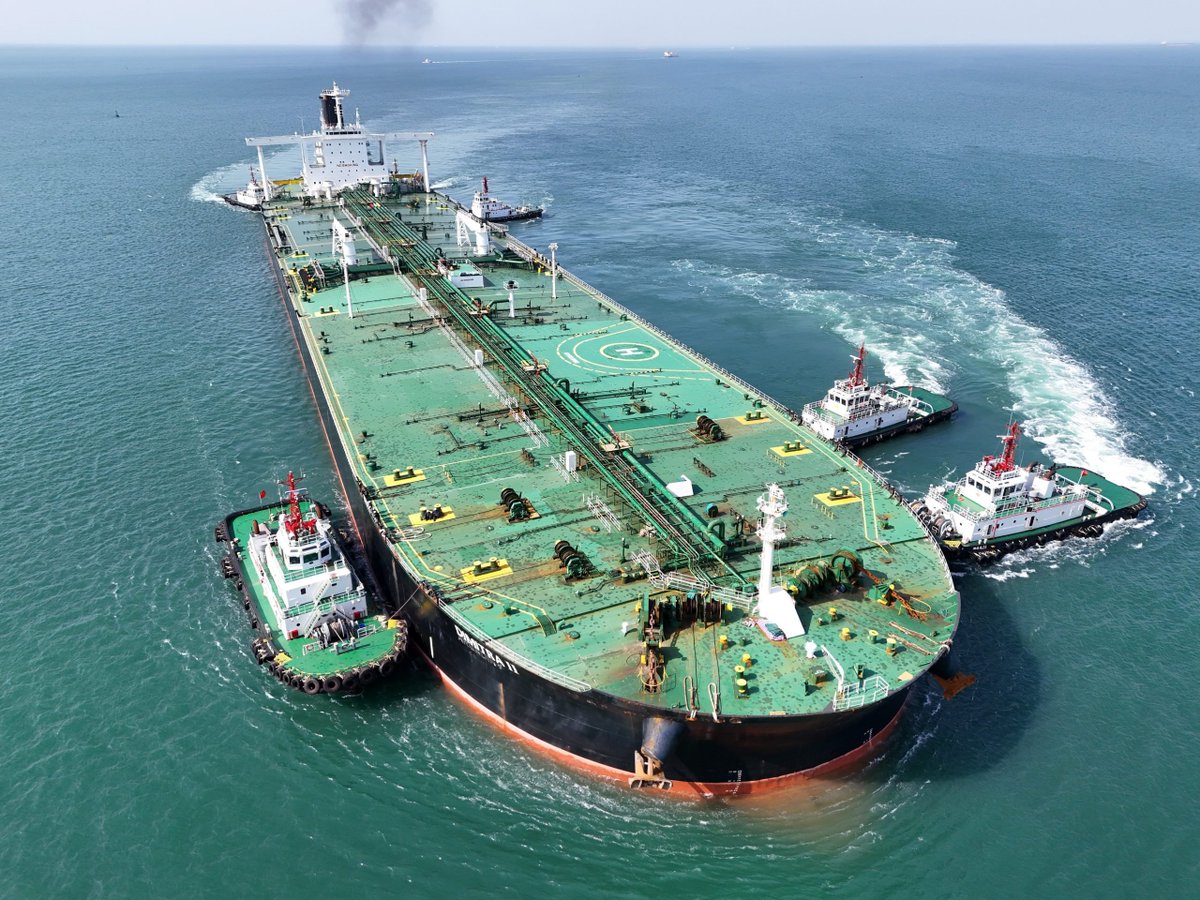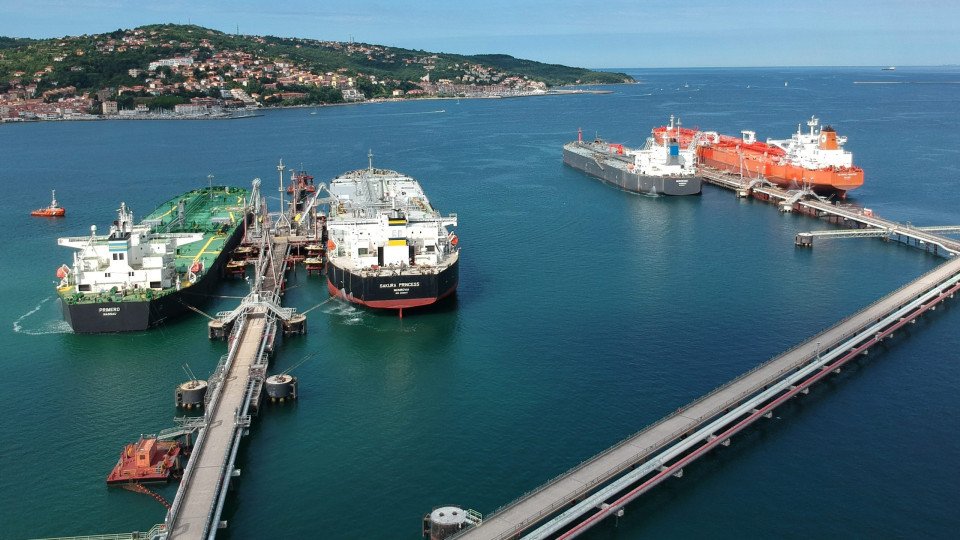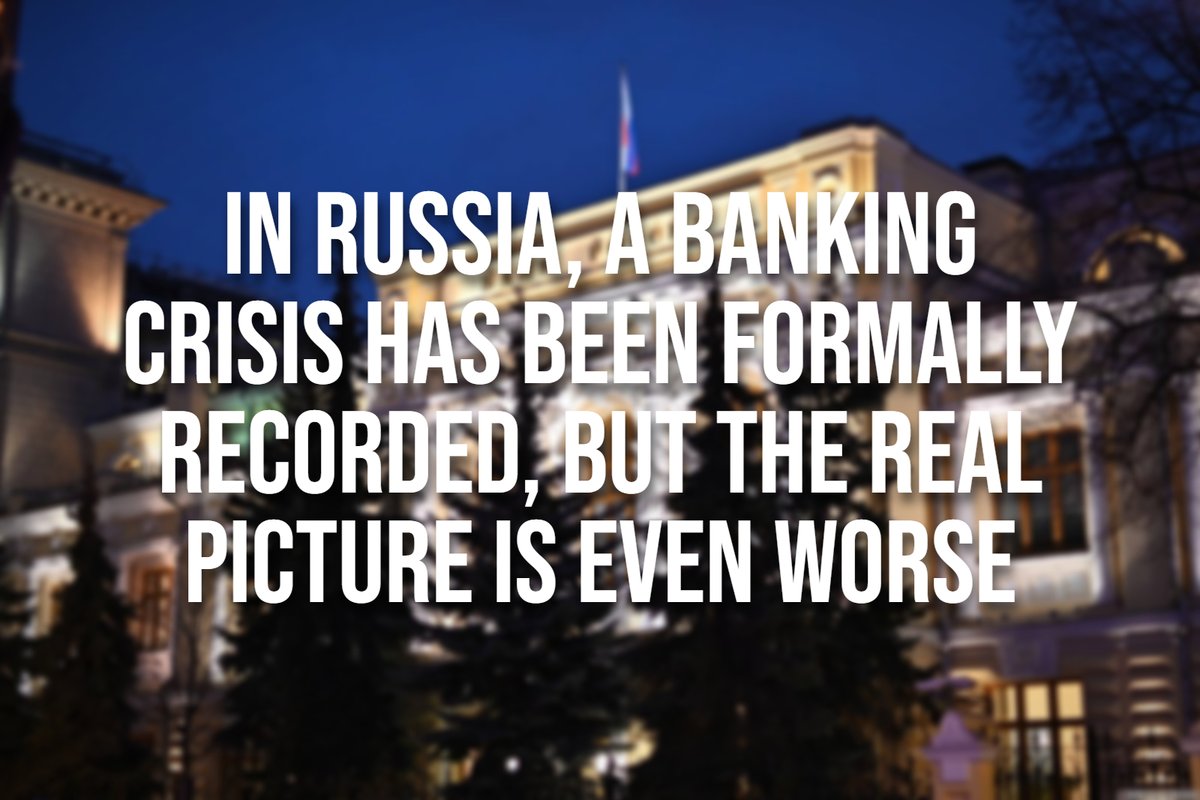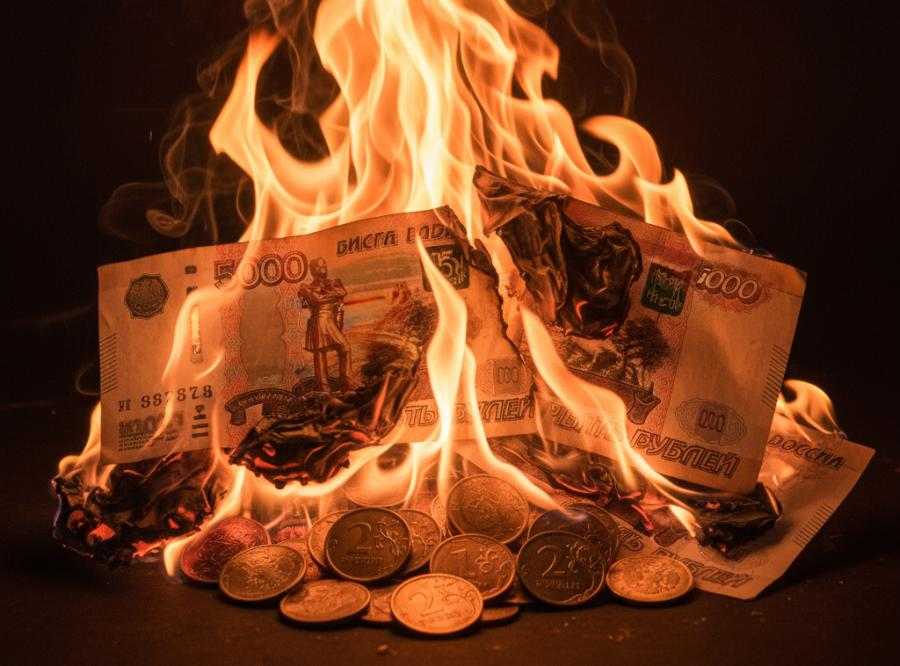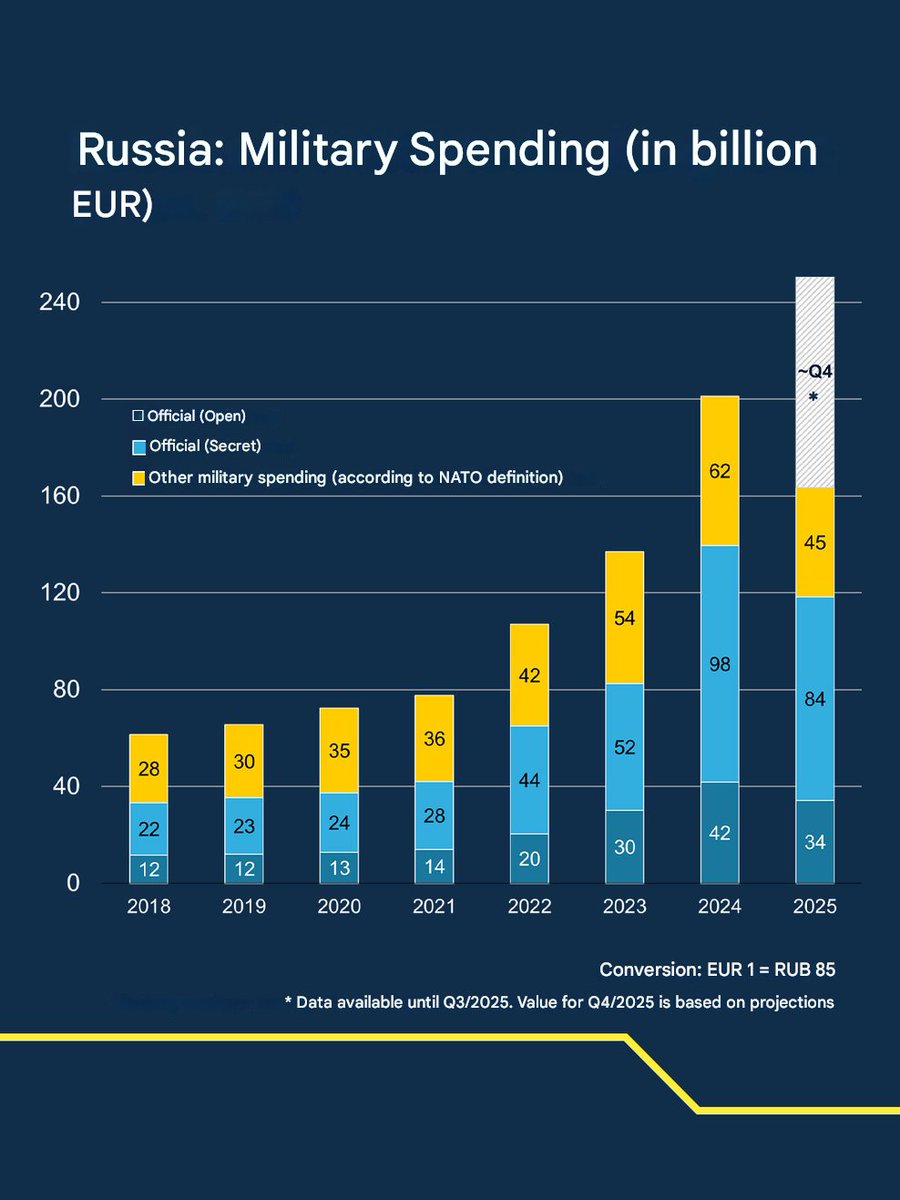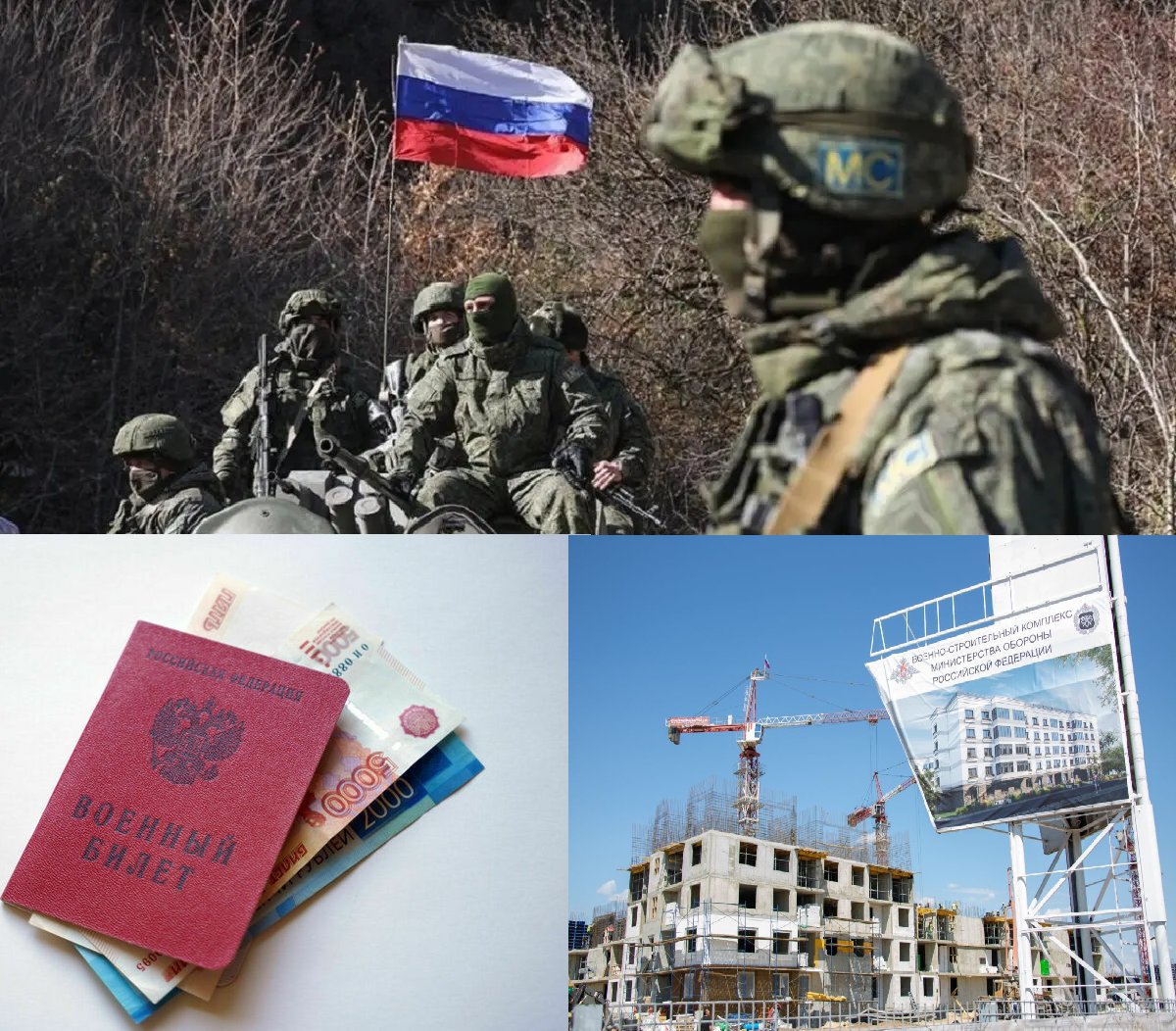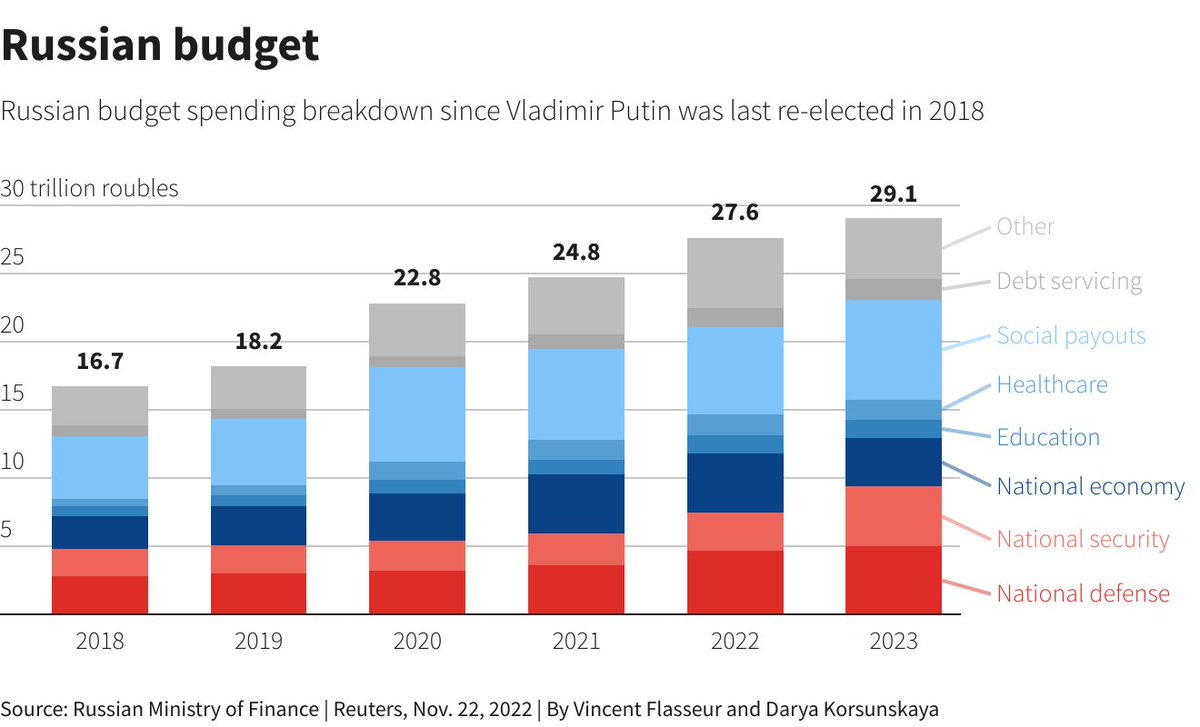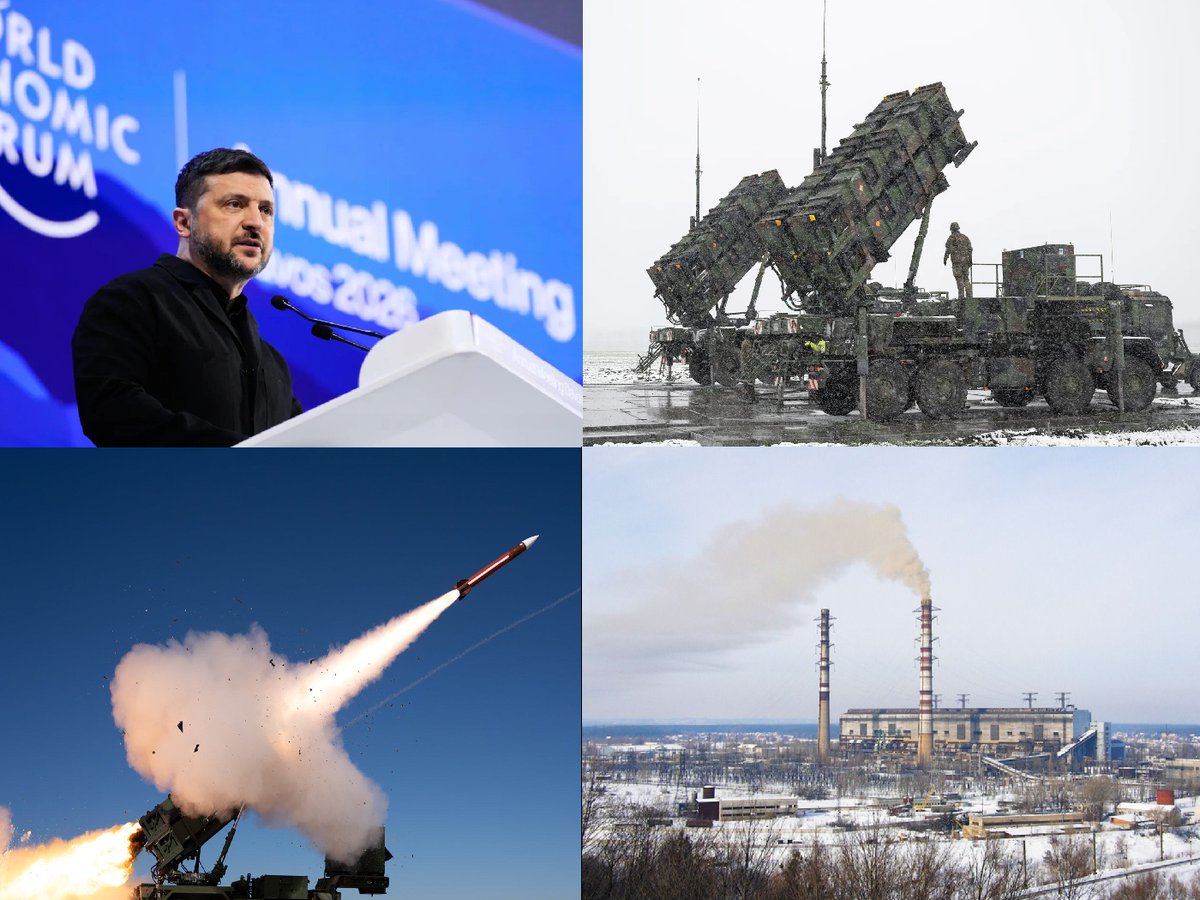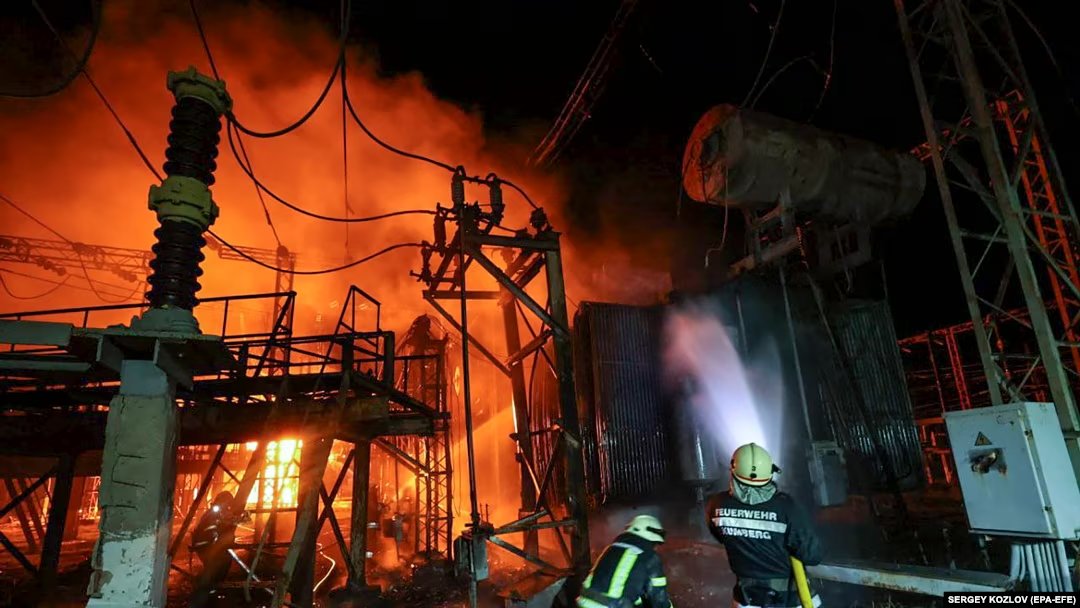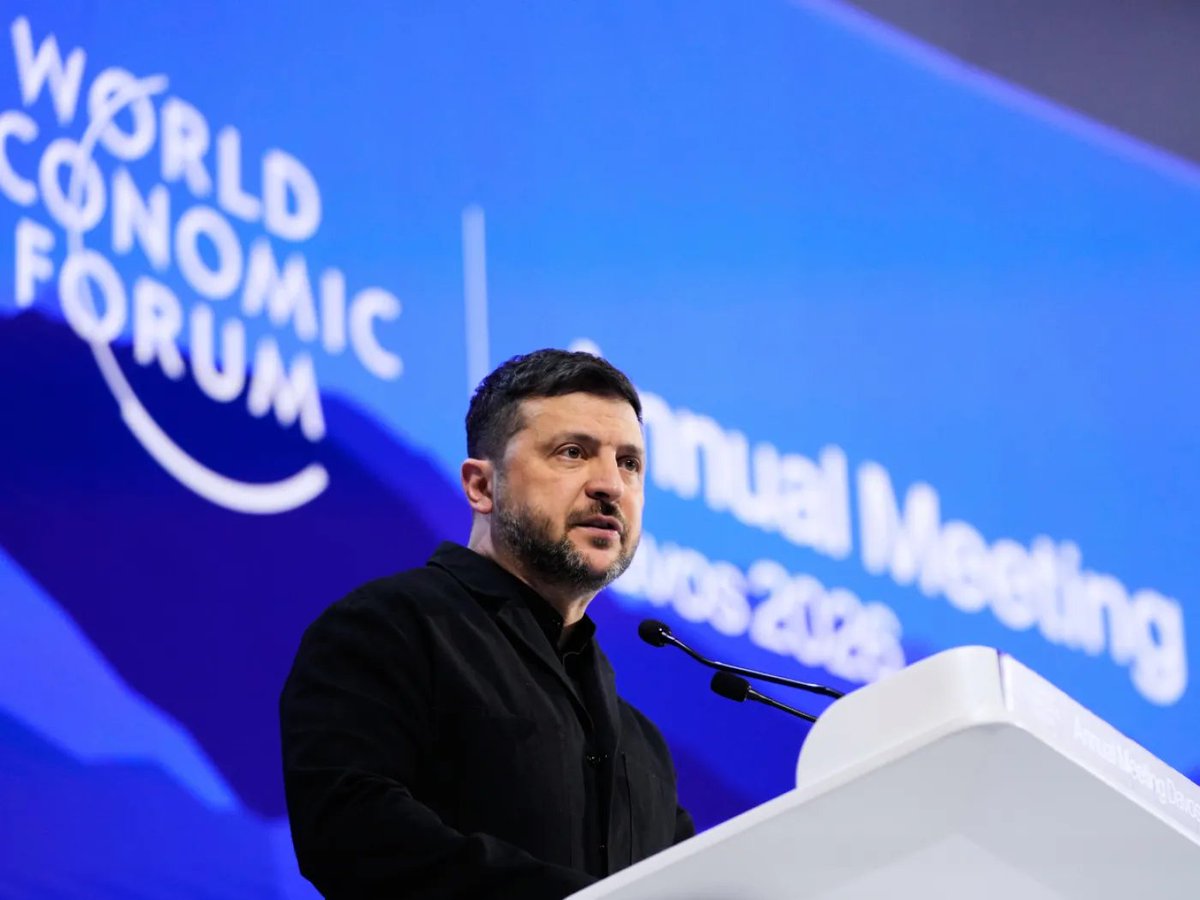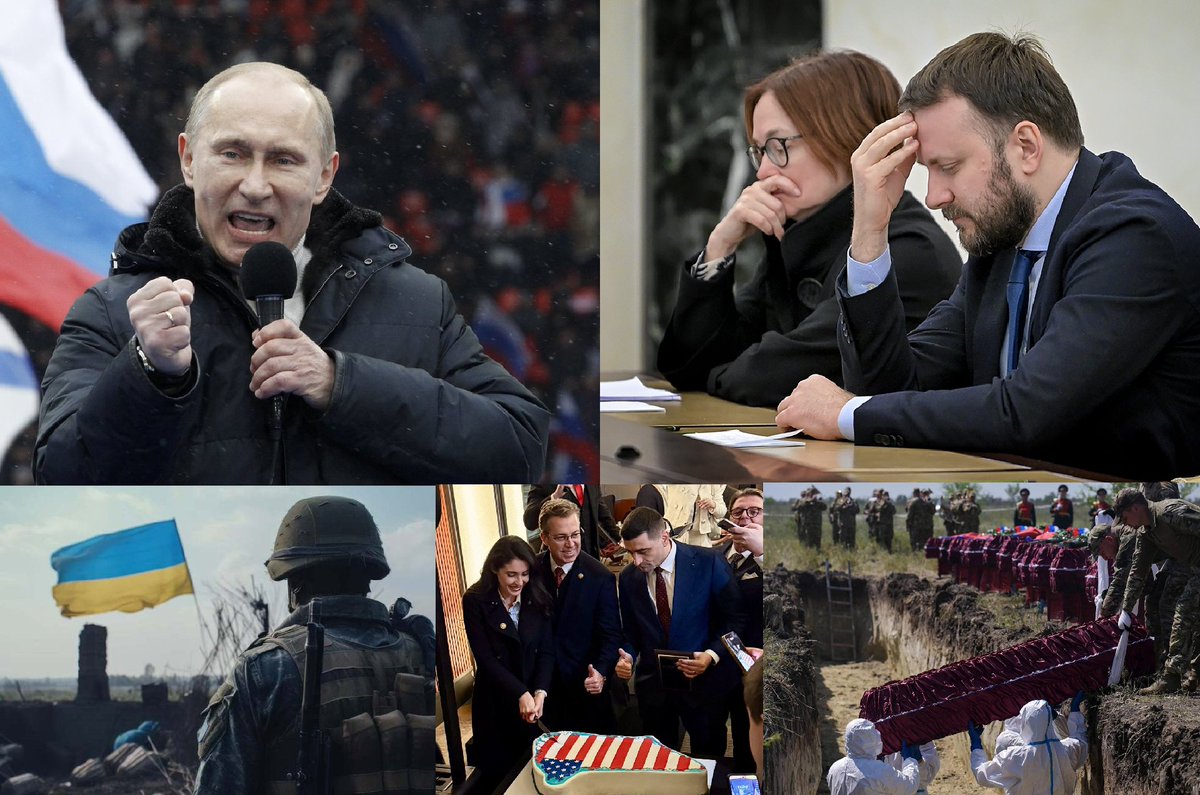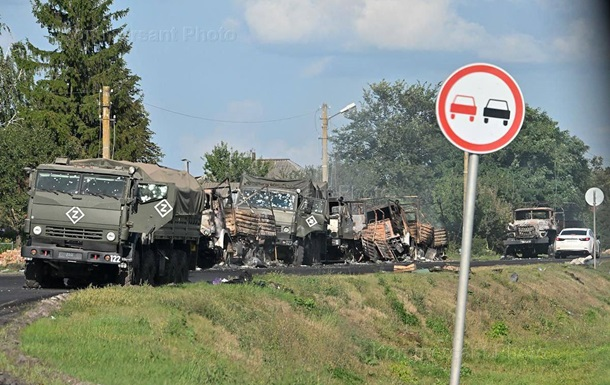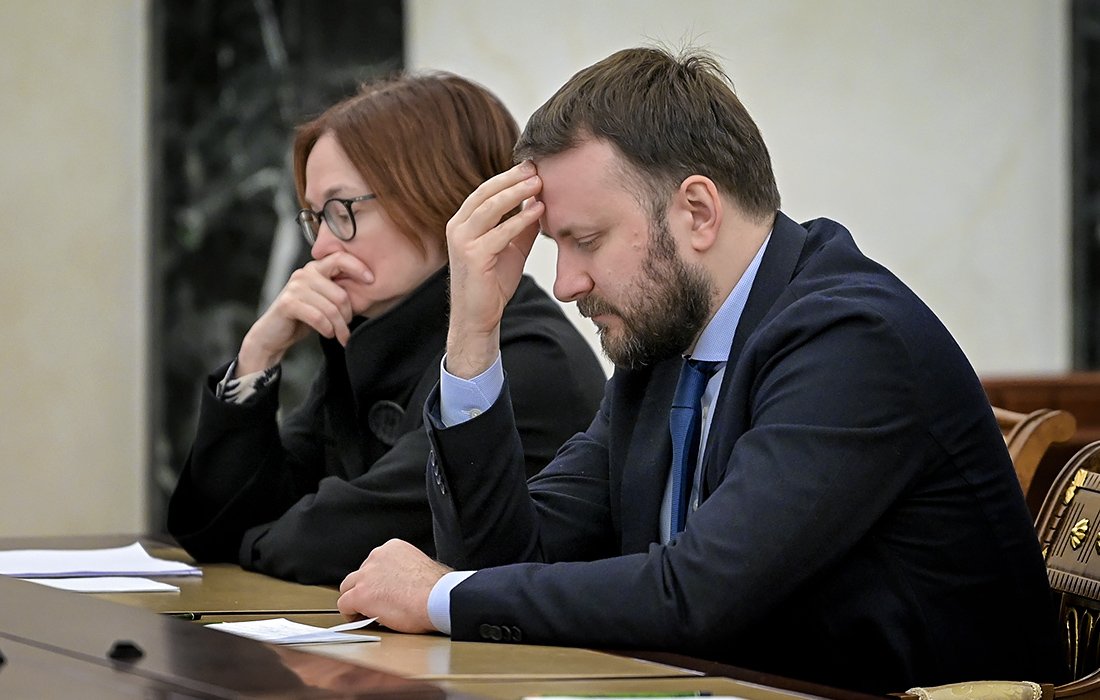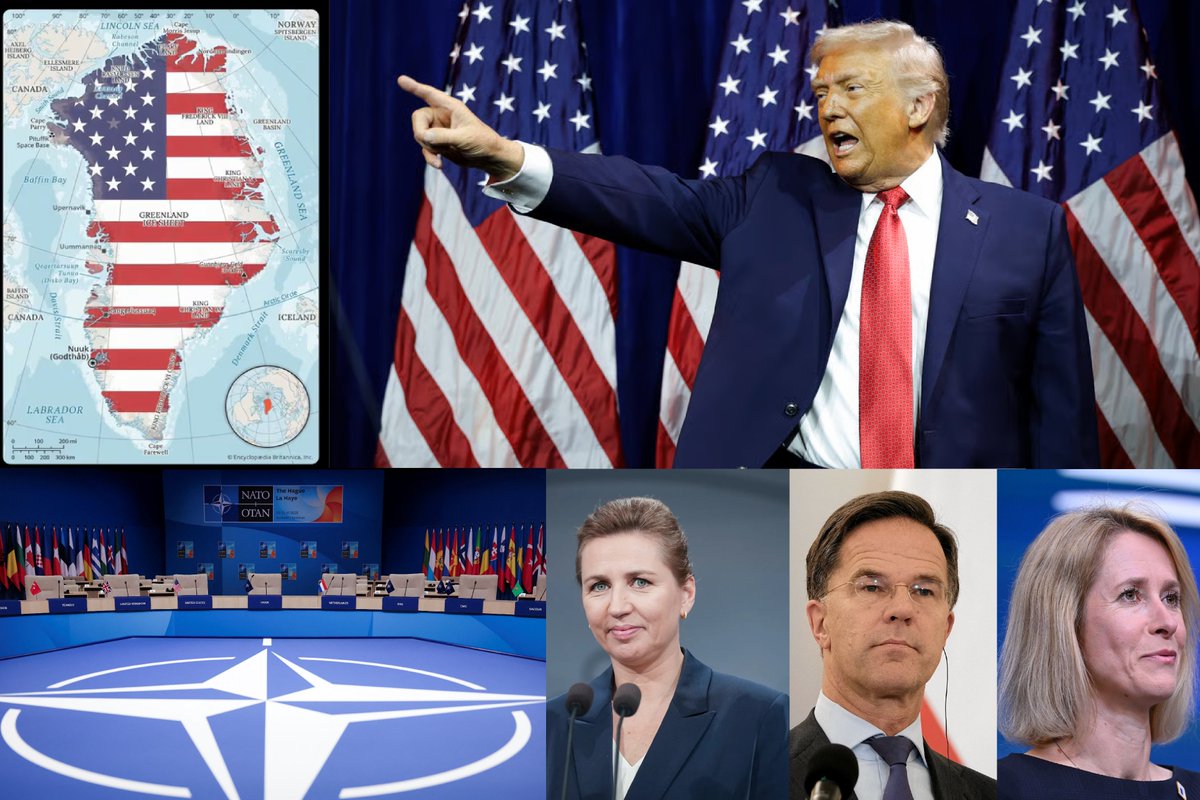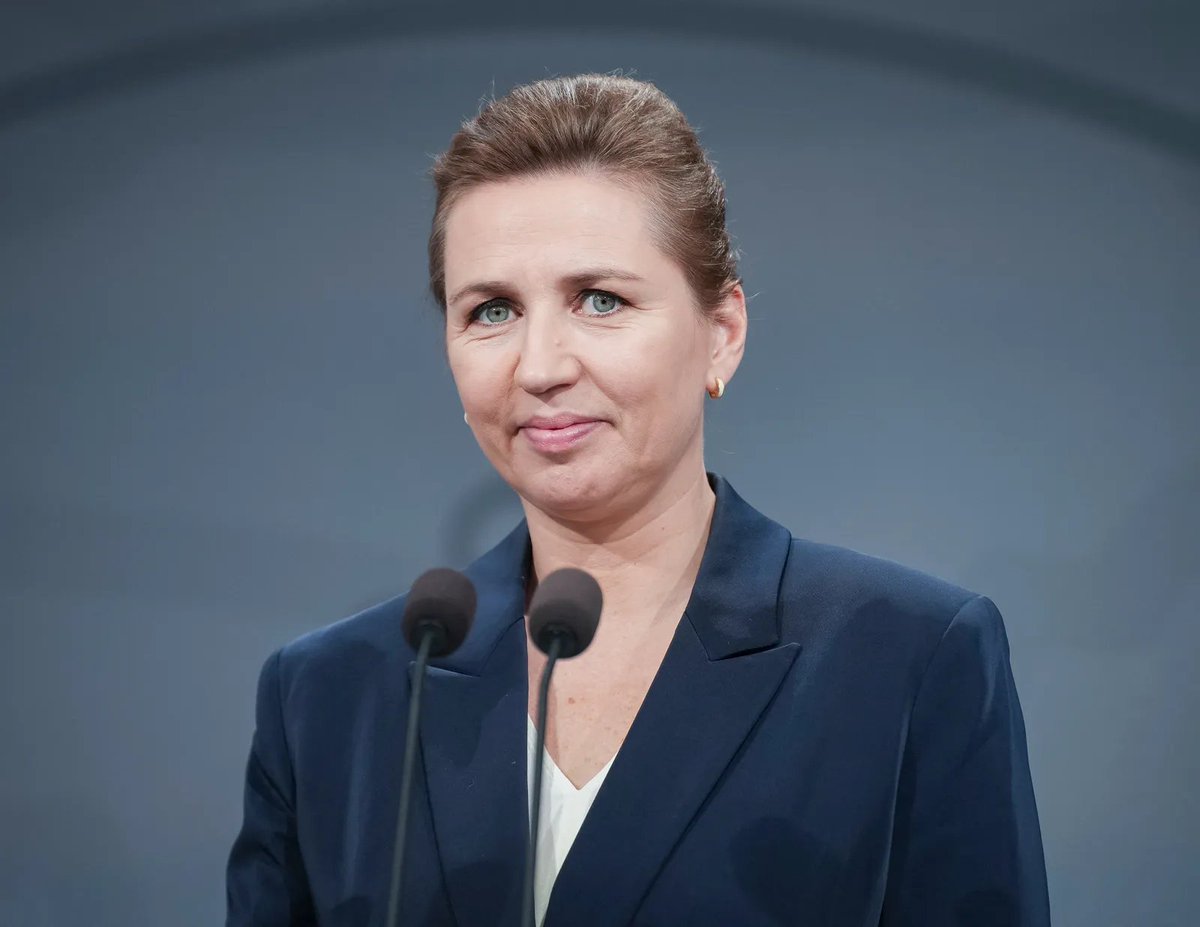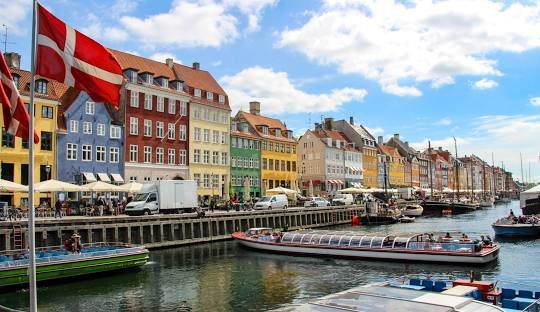The issue of Russia's connection with the terrorist organization Hezbollah is increasingly being raised in the international arena. Despite Moscow's official statements about its non-involvement, many facts and events point to the opposite. Russia, as one of the a key
1/12
1/12
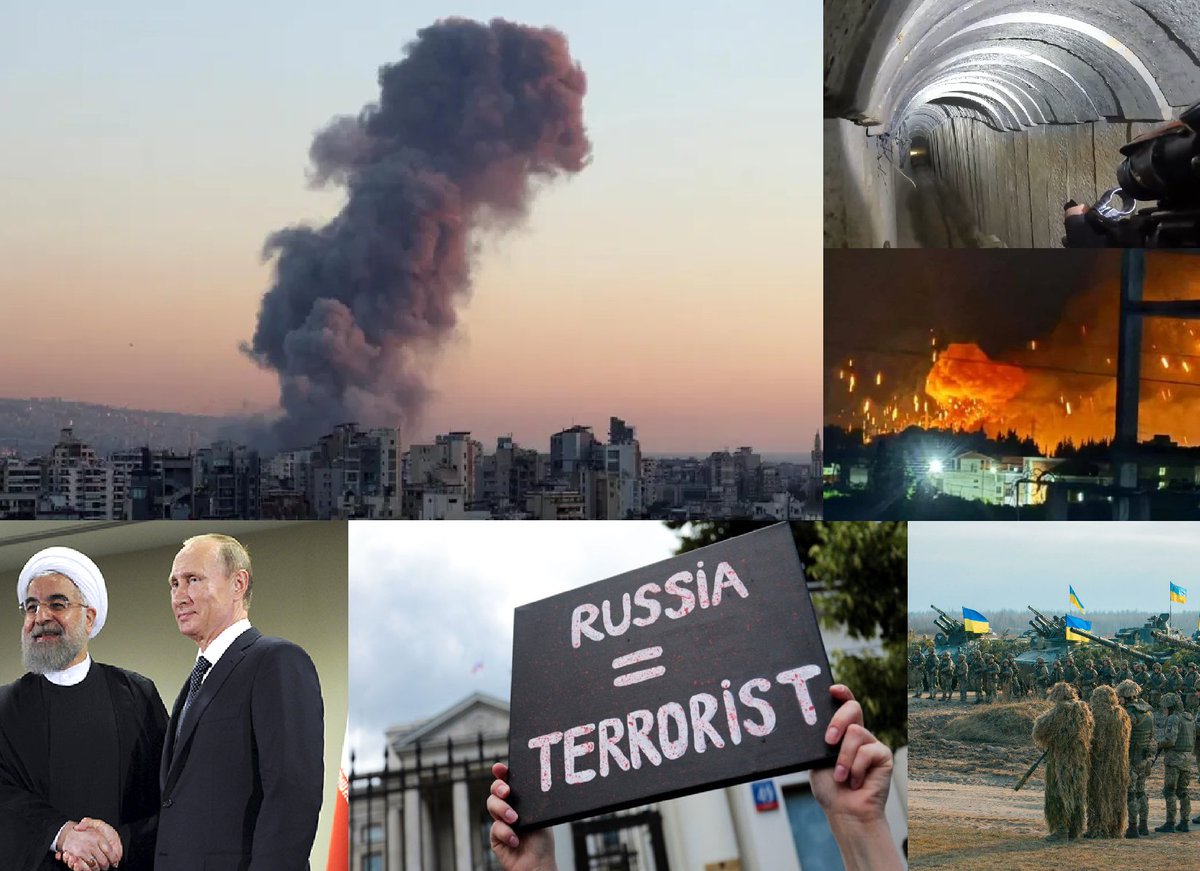
players in the Middle East, has long supported Hezbollah both through diplomatic channels and by supplying weapons through Syria, as well as to Iran. Despite the escalating disagreements, Iran remains Russia's ally. Israel struck a Russian base in Syria, where weapons were
2/12
2/12
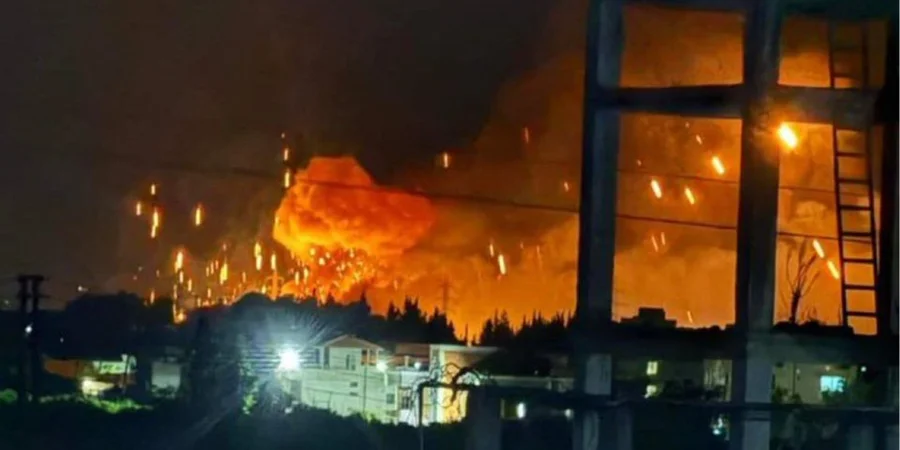
allegedly being delivered to neighboring Lebanon. Israeli security forces, conducting operations in Lebanon, found weapons of Russian origin in terrorist tunnels. Moscow supports terrorist groups to achieve its own geopolitical goals. Russian special services and PMCs
3/12
3/12
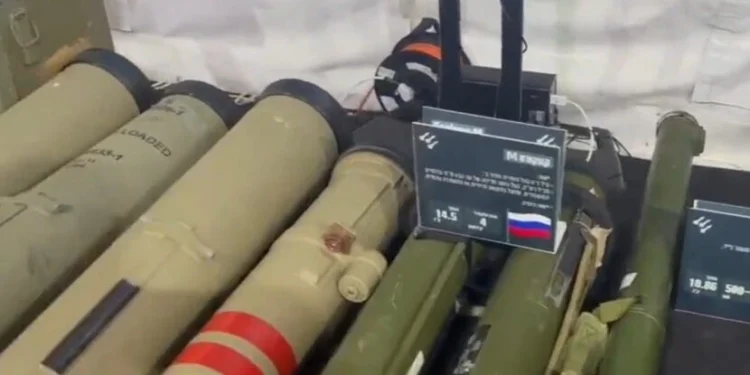
operate in the region. Russia's strategy in this context seems obvious. By increasing tensions in the Middle East, Moscow seeks to distract the West's attention and resources, forcing it to switch from the conflict in Ukraine to another front. Russia is also trying to divide
4/12
4/12
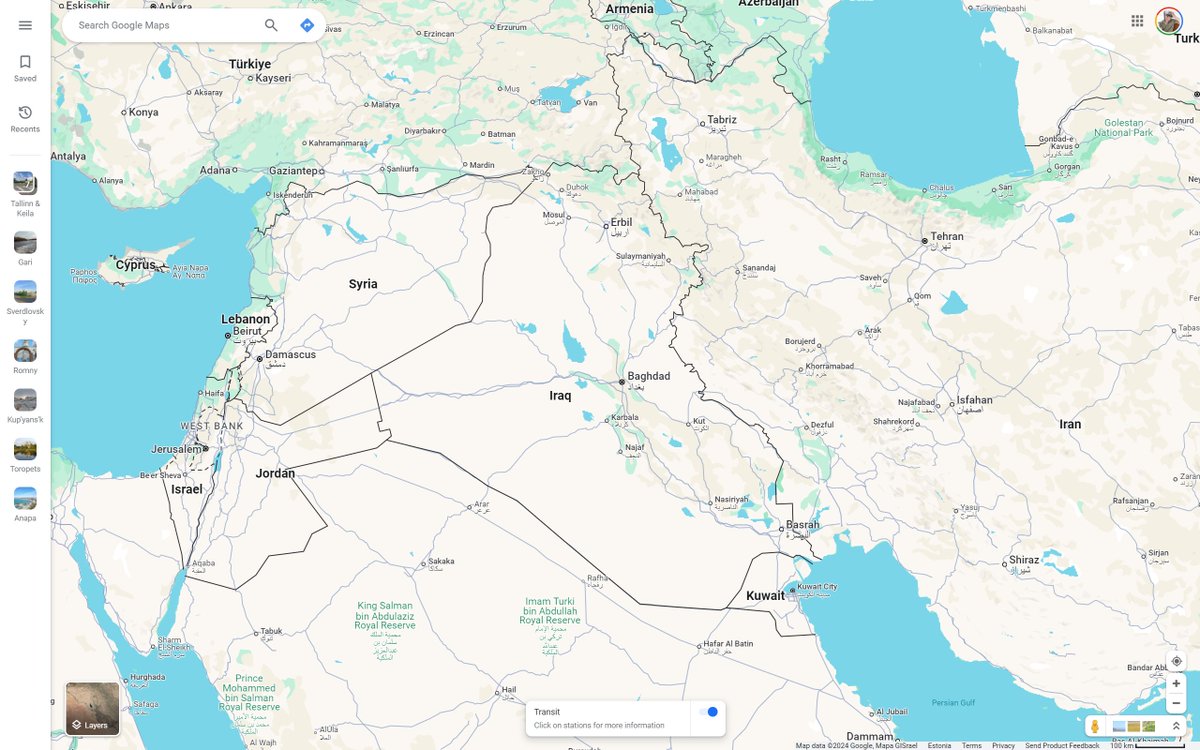
society on the basis of anti-Semitism. In the context of the information war that Russia is waging against democratic countries, such actions play a key role. Propaganda campaigns actively work to undermine trust in Western governments and cause internal conflicts. Thus,
5/12
5/12
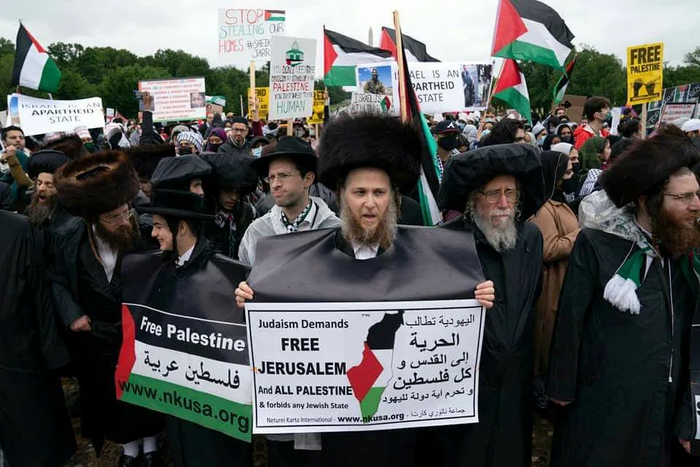
Russia plays the role of an initiator in the modern conflict, seeking to benefit from chaos and disagreements. For Moscow, this approach is part of a broader strategy to weaken Western alliances and strengthen its position on the world stage. It is important to note that
6/12
6/12
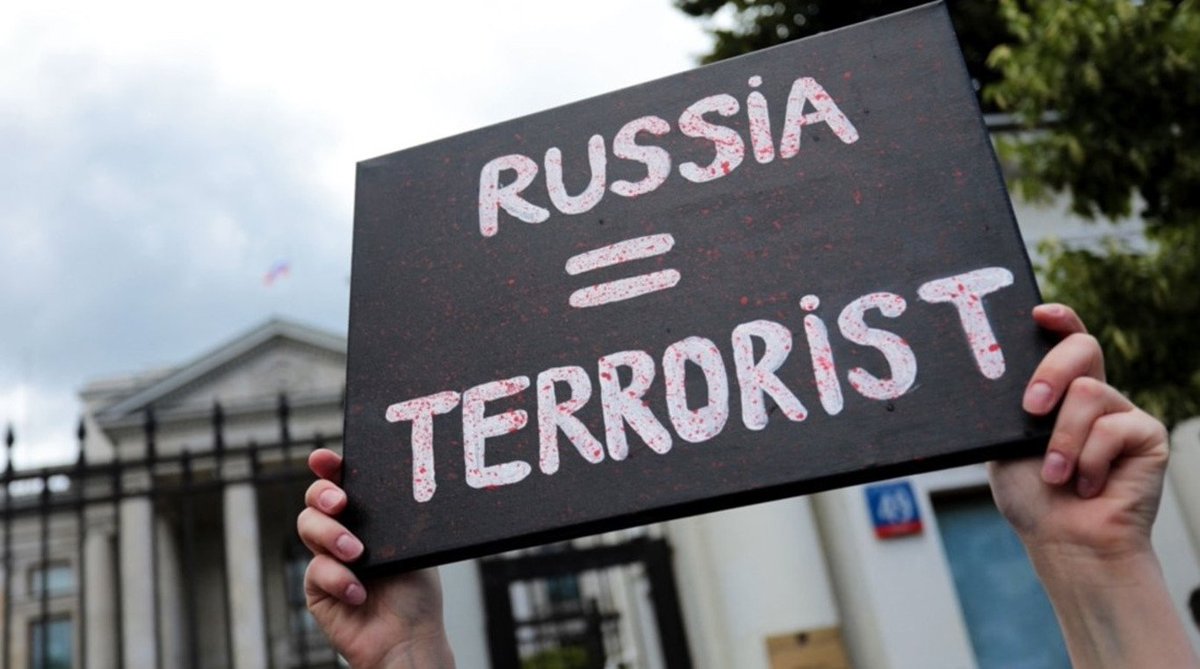
Russia's actions are not limited to arms supplies. Moscow is actively using diplomatic and political tools to support Hezbollah and other radical groups, while simultaneously trying to strengthen its position in Syria and Lebanon. Israel, faced with this threat, is forced
7/12
7/12
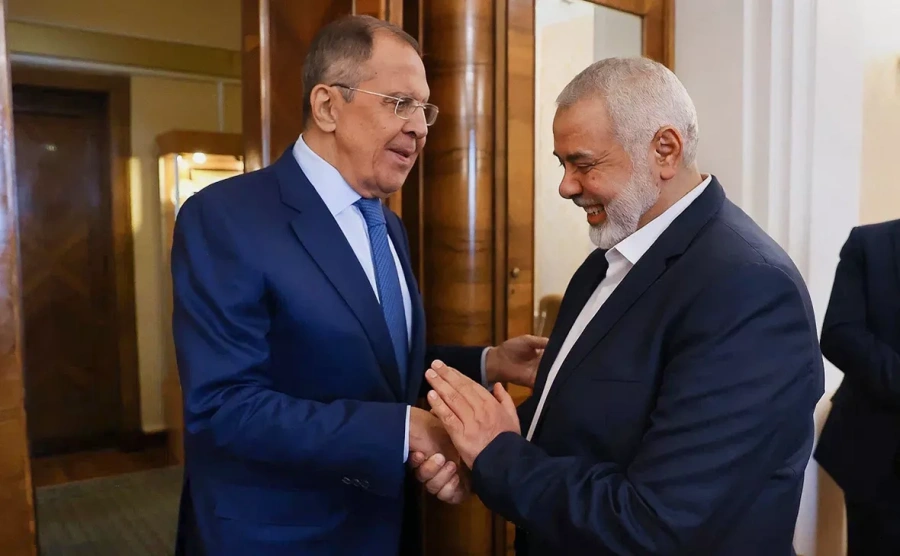
to respond harshly and decisively. In recent years, the country has demonstrated that the only effective response to terrorist actions is a pinpoint and tough force response. Israel's long-standing experience shows that concessions and negotiations with terrorist
8/12
8/12
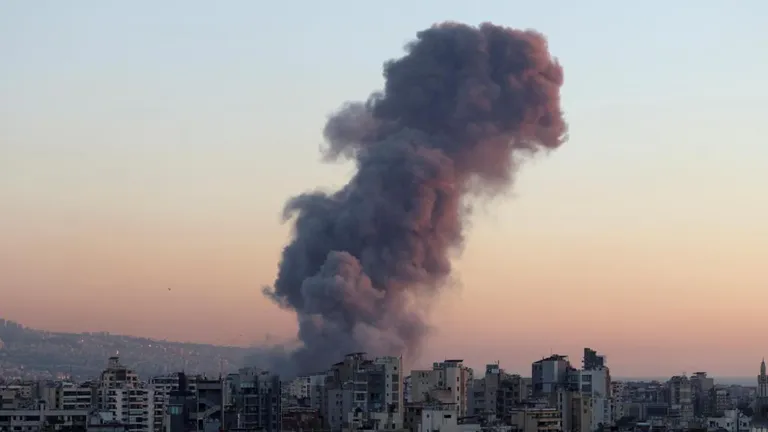
organizations do not lead to peace, but only give them time to regroup and attack again. Israel's example is an important lesson for other countries, especially in light of the war in Ukraine, which has been facing horrific aggression from Russia for more than a decade.
9/12
9/12
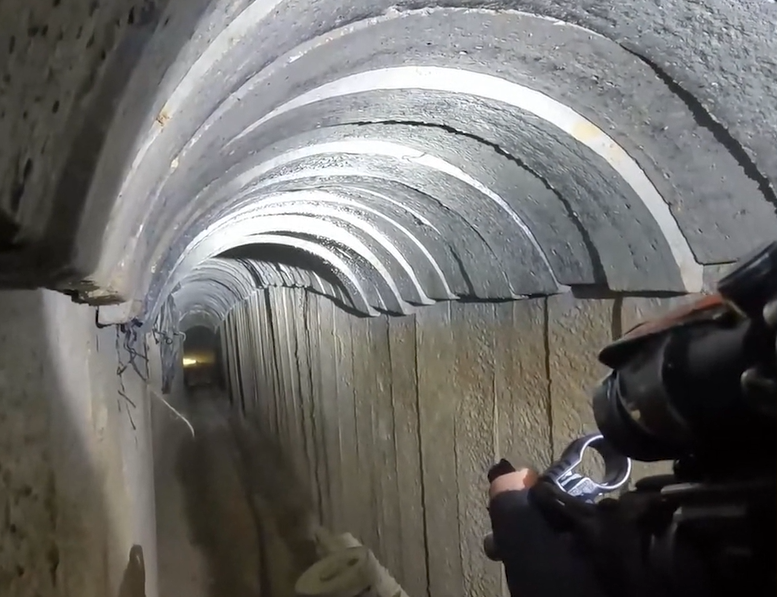
Modern threats to democracy require decisive actions and strategies aimed at protecting citizens and territory. And only a tough and targeted response to such challenges can guarantee security and stability in the future. Any delays in the supply of necessary weapons and
10/12
10/12
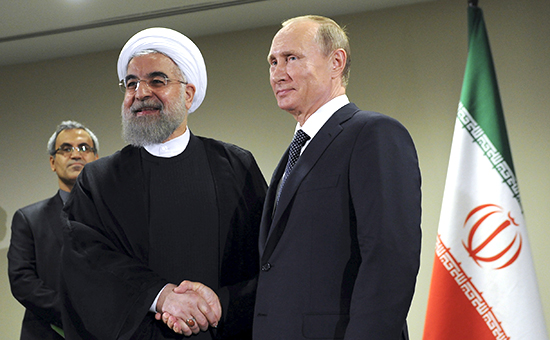
restrictions on their use only allow terrorists to cause more damage and kill more people. Maybe it is time for NATO to conduct a major counter-terrorism operation and quickly put an end to the Russian hybrid global threat?
11/12
11/12
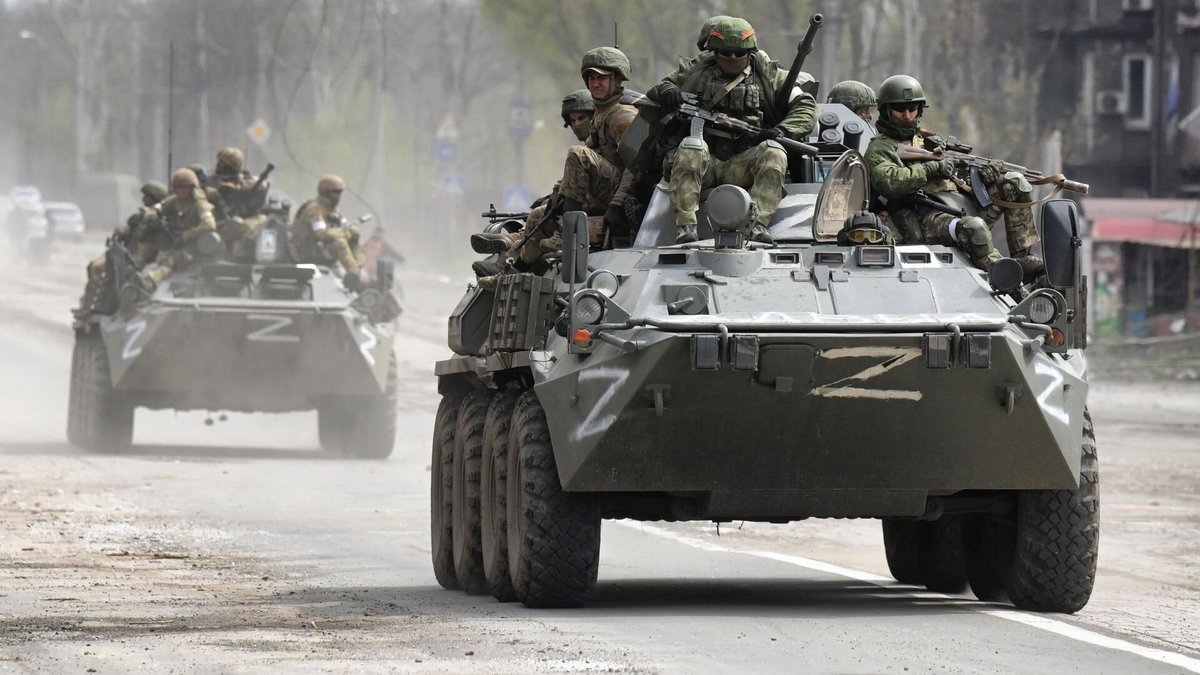
Russia has no Red Lines, Israel does not have them either and this has proven its effectiveness. Why do Ukraine still have them?
12/12
12/12
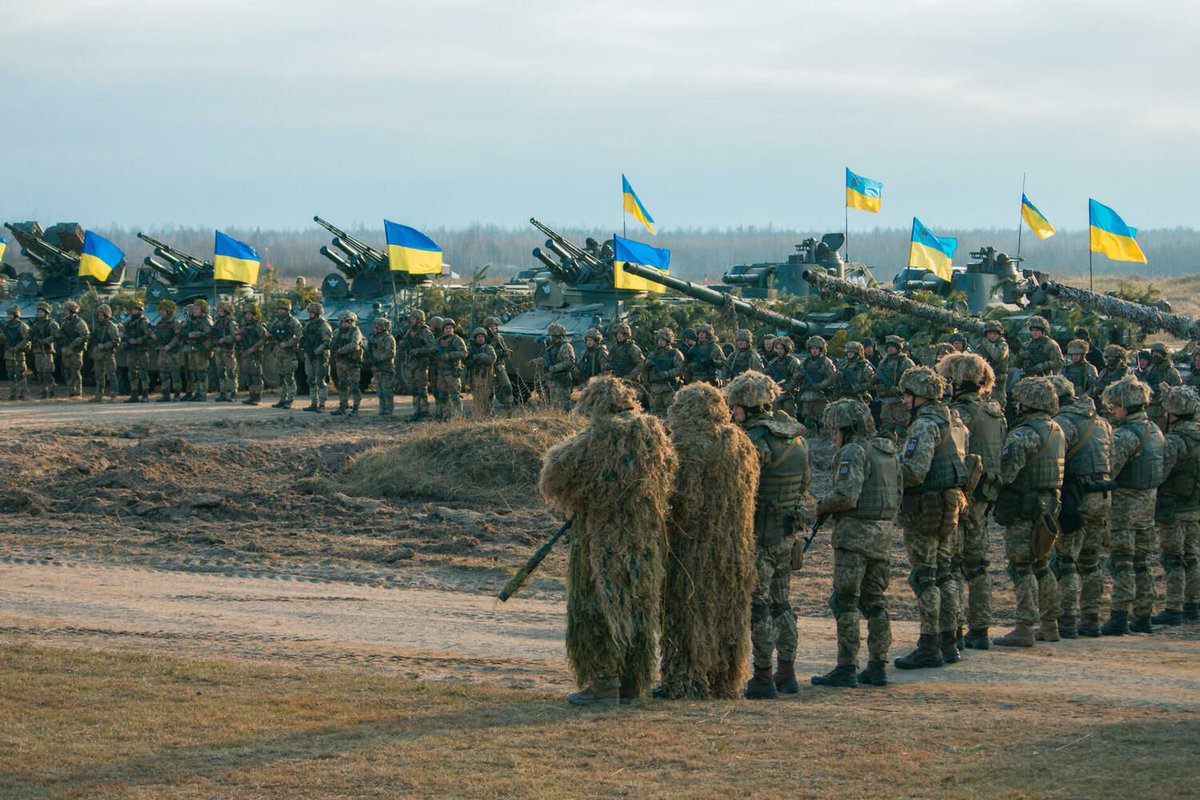
• • •
Missing some Tweet in this thread? You can try to
force a refresh


